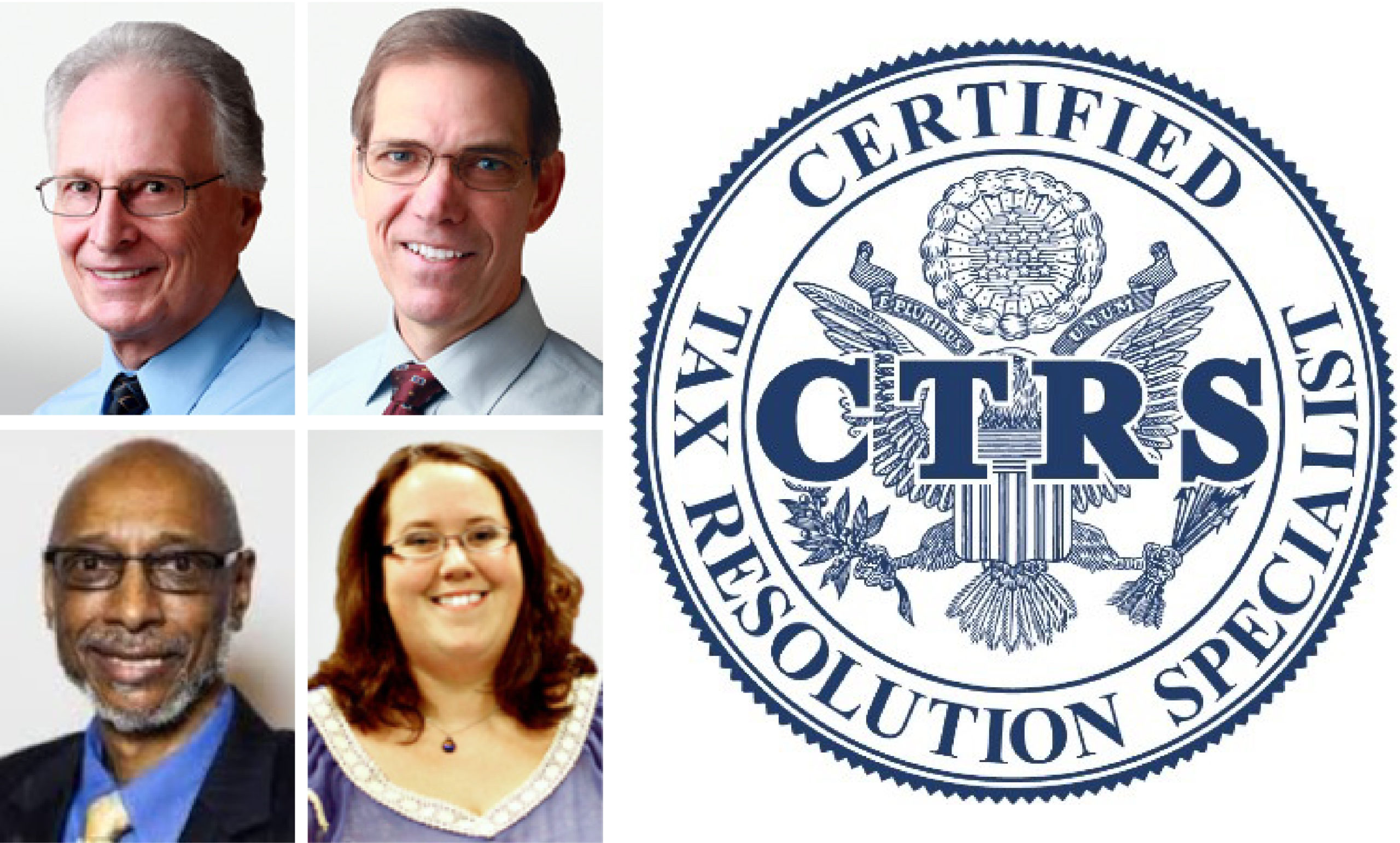An IRS audit can feel intimidating, especially if you’re a personal trainer managing your own business. But with the right preparation and understanding, an audit doesn’t have to be a nightmare. This guide is designed to help personal trainers understand the audit process, recognize common triggers, and learn how to prepare and respond to an IRS audit efficiently.
Personal trainers often face audits due to self-employment, high deductions, and inconsistent income reporting. However, an audit doesn’t automatically mean trouble—it simply means the IRS wants to take a closer look at your tax return. Proper preparation is the key to navigating an audit successfully.
1. Types of IRS Audits
There are several types of IRS audits, each with different procedures and requirements:
- Correspondence Audit: The IRS conducts this audit by mail. They focus on specific issues like unreported income or questionable deductions.
- Office Audit: You’ll need to appear at a local IRS office with supporting documentation for review.
- Field Audit: An IRS agent comes to your home, business, or accountant’s office to review your financial records.
- Taxpayer Compliance Measurement Program (TCMP) Audit: This is a comprehensive audit where the IRS examines every part of your tax return.
Key takeaway: Understanding which type of audit you’re dealing with will help you prepare accordingly.
2. Why Personal Trainers Get Audited
As a personal trainer, especially if you’re self-employed, you are more likely to be audited due to certain common triggers:
- High percentage of independent contractors/self-employed: Personal trainers often work for themselves, which means more tax responsibilities and potential scrutiny.
- High deduction claims: Claiming significant deductions for equipment, travel, or home offices can trigger IRS interest.
- Income discrepancies: Large year-over-year changes in income can raise red flags.
- Inconsistent reporting: Failing to report all income, including 1099s and cash payments, can lead to an audit.
- Excessive business expenses: Deductions that appear disproportionate to your reported income may invite IRS attention.
3. Preparing for an IRS Audit: Step-by-Step Guide
Step 1: Review the IRS Notice
When you receive an audit notice, read it carefully to understand why the IRS is auditing your return and which items they are questioning. The notice will explain the type of audit and the documents you need to provide.
Step 2: Gather Your Records
You’ll need to provide documentation to support your income and expenses. Make sure to organize the following:
- Income records (1099 forms, bank statements, and logs of cash payments).
- Receipts for deductible expenses (equipment, marketing, education).
- Mileage logs and travel expenses.
- Proof of home office use, if applicable.
Step 3: Double-Check for Errors
Review your past returns for mistakes, such as unreported income or deduction errors. Identifying any discrepancies early can help you address them before meeting with the IRS.
4. How to Handle an In-Person or Field Audit
If you’re subject to an in-person audit, it’s important to stay calm and professional. Here’s what to expect and how to prepare:
- Stay organized: Present your records in an organized and logical manner. This can help minimize confusion and make the process smoother.
- Answer questions directly: Provide only the information asked for by the auditor—no need to volunteer extra details.
- Stay professional and calm: Interactions with the IRS agent should be respectful and composed.
- Know when to get help: If the process becomes overwhelming or complex, consider bringing in a tax professional like a CPA or an Enrolled Agent.
5. Understanding Common Fitness Industry Deductions
Personal trainers have unique deductions, but they must be justified to the IRS:
- Equipment: Weights, mats, machines, and other fitness equipment.
- Travel and transportation: Expenses related to visiting clients or traveling to gyms.
- Home office: Deductible if you use part of your home exclusively for business.
- Continuing education: Classes, workshops, and certifications that maintain or improve your skills.
- Marketing: Social media ads, business cards, and other promotional materials.
- Client entertainment: Meals or entertainment provided for clients, under specific circumstances.
Make sure you can justify any deductions you claim with proper documentation.
6. What to Do If the IRS Finds Issues
During the audit, the IRS may find discrepancies or disallowed deductions. Here’s how to address them:
- Discrepancies in reporting income: If the IRS finds unreported or missing income, you’ll need to provide proof of cash payments or 1099s.
- Disallowed deductions: If deductions are disallowed, you may be able to appeal the decision or negotiate with the IRS.
- Penalties and interest: Understand the types of penalties you may face, such as accuracy penalties or failure-to-pay penalties. In some cases, you can request a penalty abatement if you have a reasonable cause.
7. How to Avoid Future Audits
Avoiding future audits requires careful planning and consistent record-keeping. Here are some key strategies:
- Keep accurate records year-round: Regularly update your income and expense logs.
- Report all income: This includes 1099 income, cash payments, and even bartering arrangements.
- Be conservative with deductions: Understand what’s allowed and make sure you have the documentation to back up your claims.
- File on time: Even if you can’t pay the full amount owed, file your returns on time to avoid penalties.
8. When to Seek Professional Help
Sometimes, dealing with an IRS audit is more than a personal trainer can handle alone. Here’s when you should bring in a tax professional:
- Complex audit issues: If your audit involves large sums of unreported income, disallowed deductions, or penalties, it’s time to seek professional help.
- Ongoing tax issues: A tax resolution specialist can help with past tax problems and develop a proactive plan for future tax years.
- Peace of mind: Working with a CPA or Enrolled Agent ensures that your audit is handled professionally and can minimize stress.
Conclusion
Surviving an IRS audit is all about preparation. As a personal trainer, keeping accurate records, understanding your deductions, and responding promptly to IRS inquiries will go a long way.
If you’ve received an IRS notice or are facing any other tax-related issues, don’t hesitate to reach out to us at Lawler & Witkowski CPAs. Contact us today to schedule a consultation and let us help you get back on track!


